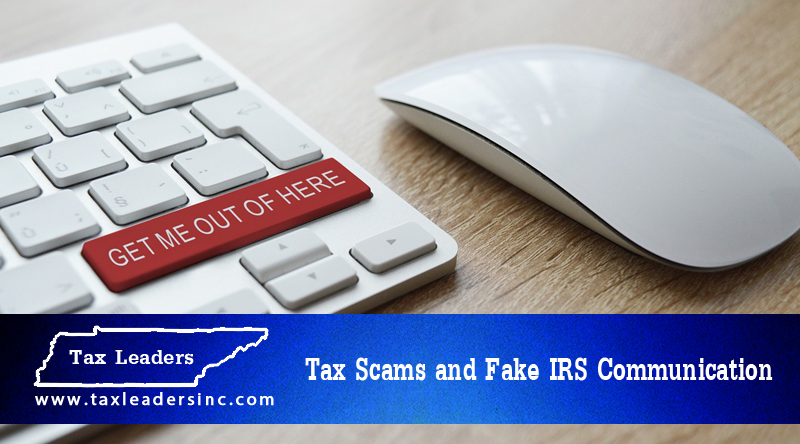Don’t be fooled by IRS scams
In recent years, scammers have taken millions of dollars and personal information from unsuspecting victims with tax scams and fake IRS communication.
To help combat imposters, the Internal Revenue Service has created a special new page on IRS.gov to help taxpayers determine if a person visiting their home or place of business claiming to be from the IRS is legitimate.
The IRS does make official, sometimes unannounced, visits to taxpayers as part of their routine casework. But taxpayers should keep in mind the reasons these visits occur and understand how to verify if it is the IRS knocking at their door.
Always remember, the IRS will never call to demand immediate payment using a specific payment method such as a prepaid debit card, gift card or wire transfer. Generally, the IRS will first mail a bill to any taxpayer who owes taxes.
Types of visits
Unannounced visits: IRS agents, in the form of revenue officers, will at times make unannounced visits to a taxpayer’s home or place of business to discuss taxes owed or tax returns due. Revenue officers are IRS civil enforcement employees whose role involves education, investigation, and when necessary, appropriate enforcement.
Watch the mail: IRS revenue agents will sometimes visit a taxpayer who is being audited. That taxpayer would have first been notified by mail about the audit and set an agreed-upon appointment time with the revenue agent. Also, after mailing an initial appointment letter to a taxpayer, an auditor may call to confirm and discuss items pertaining to the scheduled audit appointment.
No demand for payment: IRS criminal investigators may visit a taxpayer’s home or place of business unannounced while conducting an investigation. However, these are federal law enforcement agents, and they will not demand any sort of payment. Criminal investigators also carry law enforcement credentials, including a badge.
For more information, visit How to know it’s really the IRS calling or knocking on your door on IRS.gov.


